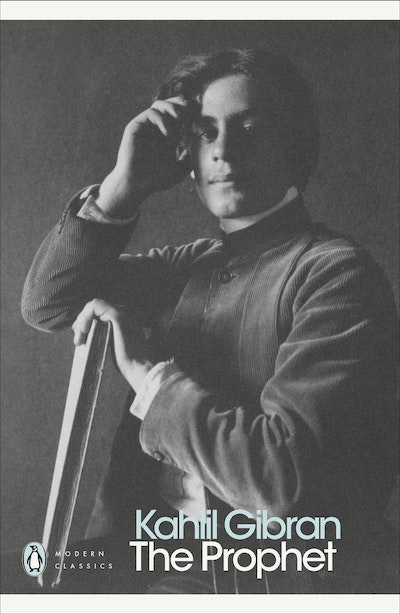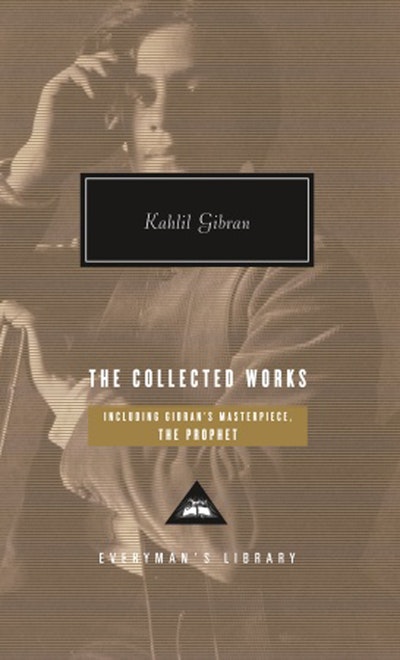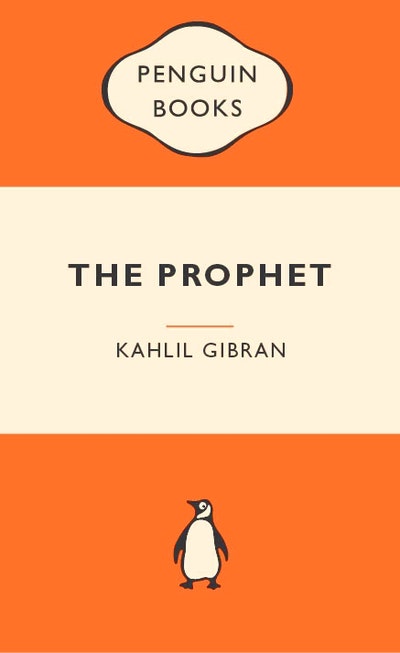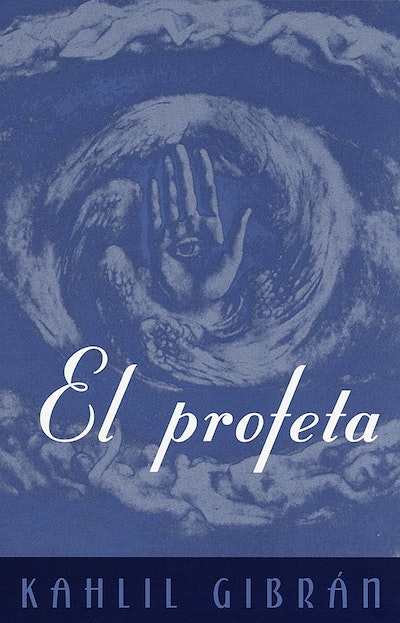[]
Play sample
- Published: 26 April 2002
- ISBN: 9780141910871
- Imprint: Penguin eBooks
- Format: EBook
- Pages: 128
The Prophet
Formats & editions
Buy from…
- Published: 26 April 2002
- ISBN: 9780141910871
- Imprint: Penguin eBooks
- Format: EBook
- Pages: 128














